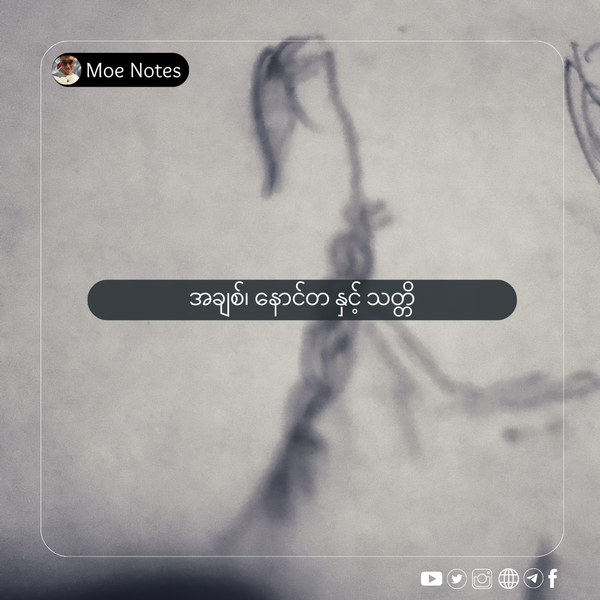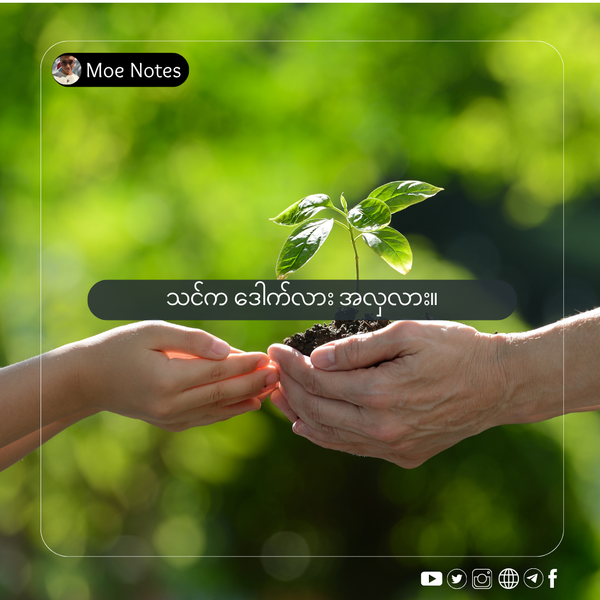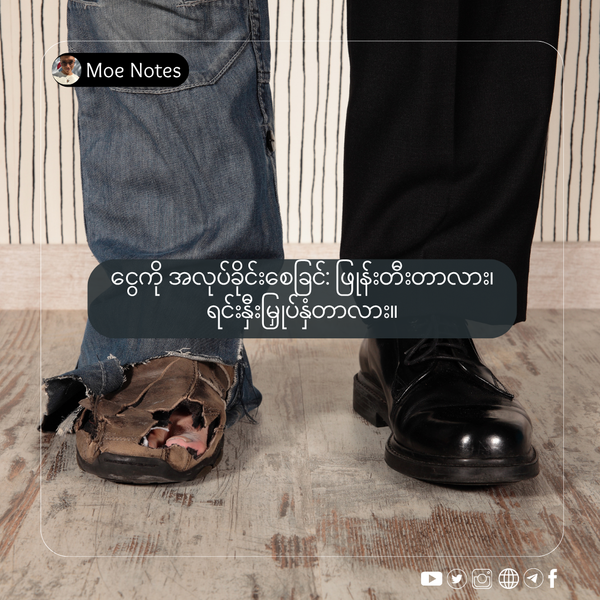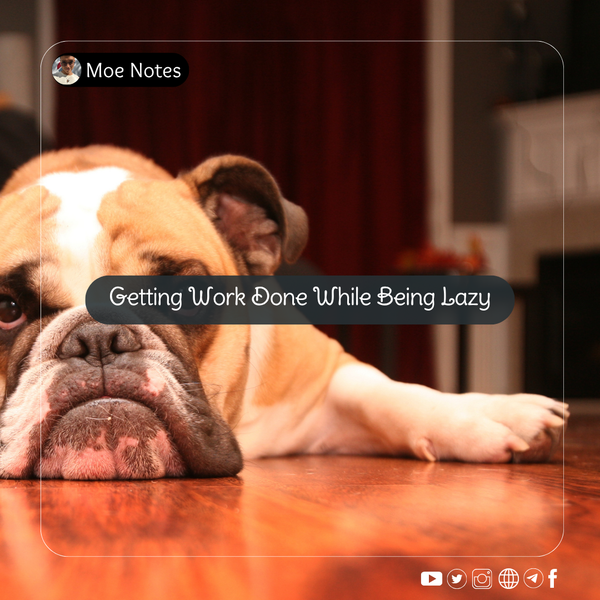When the Bank Account is Empty: A Student's Guide to Financial Survival Abroad

This article is also available in [Burmese]
"The bigger the country, the better the university, the nicer the city—the higher the costs and the greater the pressure."
Given the inflation, insecurity, and general hardship in Myanmar, it’s no surprise that a flood of people, especially young people, are trying to leave. For many, the student visa is the most popular option. It’s expensive, but the visa success rate is relatively high and its duration is long.
But this has created a new kind of risk. What happens when the money runs out? What happens when your family, for any number of reasons, can no longer send money for your living costs, your rent, or even your tuition? This is the reality many students face.
I haven't hit rock bottom myself. I haven't had to call an emergency contact to tell them I have no food. For now, my tuition and rent are covered without needing financial aid. But I cannot say that day will never come. So, this article isn't about official support systems. It's about the reality of what you face when the money starts to disappear.
Part 1: The Slow Squeeze - The Daily Reality of a Dwindling Bank Account
You wake up. You check your bank account. There are no savings left. Only your budget for expenses. Immediately, your life shrinks.
You start cutting back on everything. The fruits, snacks, and juices you used to buy are replaced with tap water and plain bread. The nutritious, balanced meals you used to cook are replaced with instant noodles or just rice with a tiny portion of curry.
But the expenses don't stop. A roll of tissues, a bottle of cleaning spray—small things that cost £2 or £3—suddenly add up to £30 or £40. Then the bottle of scented oil for your room runs out. Then you need to buy a new bottle of shampoo. Then your bicycle brake needs to be replaced. You're starving and you buy a sandwich, and another £2 is gone. Wi-Fi and phone bills are non-negotiable. You can try to save by not having mobile data, but then you can't function outside the house. And in the middle of all this, your tooth starts to ache.
The start of the month is a brief moment of relief. By the middle of the month, the anxiety returns as the number shrinks. You find yourself praying that nothing breaks, that no unexpected costs appear. Sigh...
Then there is the painful conversation with your family. If you ask for more money, you face the questions. "Why does it cost so much? Why do you like such expensive things? So-and-so's daughter only spends this much. Why are you wasting my money on fundraisers for the revolution? You're a student, your only job is to study!" You feel for them, of course. It's their hard-earned money. How can you ask for more?
Part 2: The Ripple Effect - How Financial Stress Poisons Your Life
When you don't have money, the problem doesn't stay in your bank account. It infects every other part of your life.
- Your Accommodation: The room feels too small. The flatmates are inconsiderate and argumentative. It doesn't feel like a home, just a space to sleep. You dream of moving, but you can't afford to.
- Your Daily Life: Every small errand becomes a calculation of cost versus time. A simple trip to the grocery store means paying for a bus, or wasting an hour walking.
- Your Studies: A single day at university can cost £10 in food and coffee. You try to pack a lunch, but your backpack is already full of books and a laptop. The stress is constant.
- Your Job: You feel trapped in a low-paying, exploitative part-time job. Your boss pays you the bare minimum and works you to the bone. You see others getting ahead through flattery, not hard work, but you can't afford to quit.
This is the reality for so many of us—the struggling Burmese citizens abroad. We are not poor enough to be considered destitute, but not rich enough to escape these constant, grinding pressures.
Part 3: Facing the Worst-Case Scenarios
What if it gets worse? What if the money for tuition and rent runs out completely? The options are terrifyingly few. Returning to Myanmar is not an option; everything you've worked for would be wasted. Moving to another country is just as expensive. Trying to stay and just work is impossible; when you stop being a student, your visa is revoked. You see the appeal of desperate, illegal paths. This is how so many students fail to finish their degrees.
Honestly, if I were to reach that point, I don't know what I would do either. But I know this: if you are in this situation, it is not your fault. It's not because you are weak or lazy. You have already tried your best.
Part 4: The Way Forward - A Strategy for Financial Resilience
Describing the problem is easy. Finding a solution is hard. But there is a strategic way to think about money that can help you regain control.
Shift Your Mindset: From "Saving" to "Investing"
"Saving" is often about restriction and fear—not buying a coffee, not buying a new coat. "Investing" is about strategic spending. It's about using your limited funds on things that will provide a long-term benefit, making your life easier, more efficient, or more profitable in the future.
Invest in Your Skills and Efficiency
This means spending money on things that save you time or increase your future earning potential.
- Example 1: The Coat vs. The T-shirts. Instead of buying five cheap, fashionable t-shirts, buy one high-quality, waterproof coat. The coat is an investment. It keeps you from getting sick, which saves you medical costs and ensures you don't miss class or work.
- Example 2: The Course vs. The Takeaway. Instead of spending £100 on takeaways over a month, invest that same £100 in a short online course on a high-demand skill like Photoshop, video editing, or basic coding. This is an investment that can help you get a better-paying, more flexible part-time job than the one you hate.
- Example 3: The Tools of Your Trade. A good laptop for your major isn't a luxury; it's a productivity machine. An investment in the right tool will save you hundreds of hours of frustration and allow you to produce better work, leading to better grades.
Invest in Your Well-being
Your mind and body are your most important assets.
- Nutritious Food: Spending money on healthy groceries is a direct investment in your physical and mental energy. A brain fueled by instant noodles cannot perform well in exams.
- Mental Health: If you are struggling, paying for a therapy session is not a wasteful expense; it is a critical investment in your ability to continue your journey.
Divest from Short-Term Gratification
Be brutally honest with yourself about your "want" spending. Are you buying that new makeup palette or those trendy sneakers for long-term happiness, or for a short-term dopamine hit fueled by social media pressure? Every pound spent on a fleeting want is a pound not available for a crucial need or a smart investment.
Conclusion: A Message of Solidarity
People think that once you are abroad, you have succeeded. But the reality is that the bigger the country and the better the university, the higher the costs and the greater the pressure. The financial burden may fall on our parents, but the weight of that burden is carried on our shoulders every single day.
For the next generation, I will keep trying. I will keep fighting this revolution in my own way. And for my brothers and sisters abroad, please support each other. Talk to a therapist, a professional, or even me if you need to. The most important thing is to speak up.



